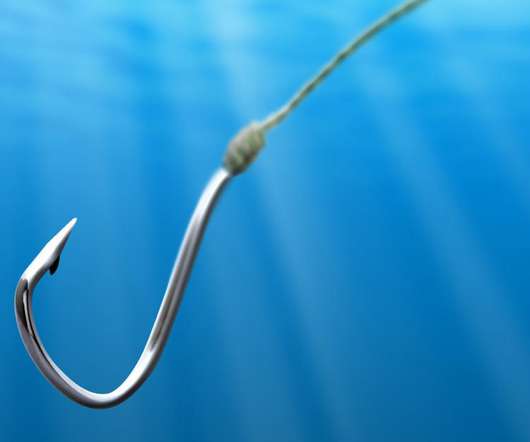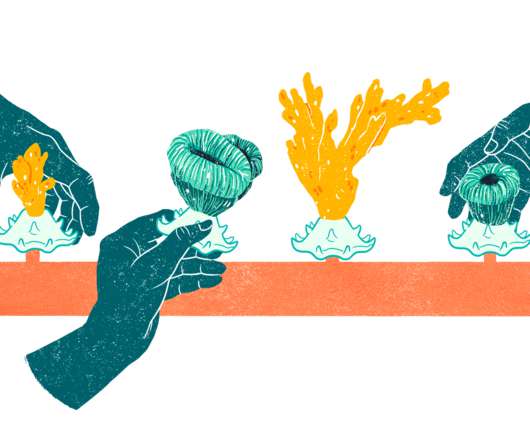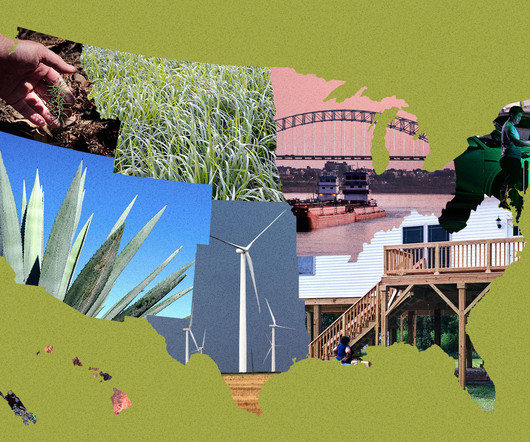Can Bumble Bee and Nestlé hook the world on fishless fish?
GreenBiz
JUNE 8, 2021
Large companies including Bumble Bee, Nestlé, Tyson, General Mills and Thai Union are making various plays, whether by investing in upstarts or flexing their research and development muscles to cultivate new products. Seaweed, on the other hand, which makes up New Wave’s shrimp-mimic, sequesters carbon and reduces ocean acidification.















Let's personalize your content